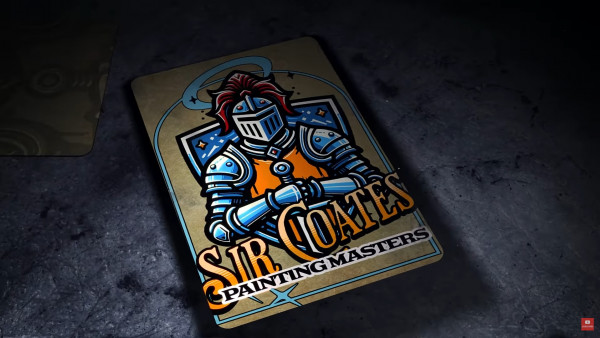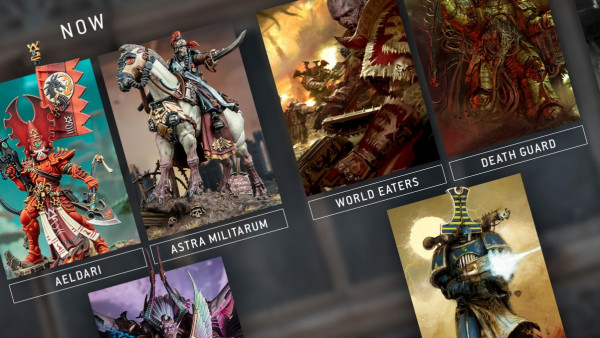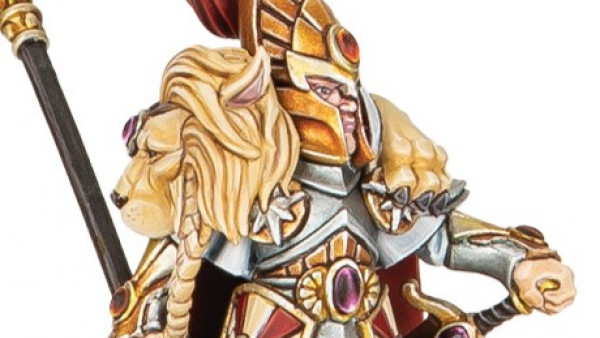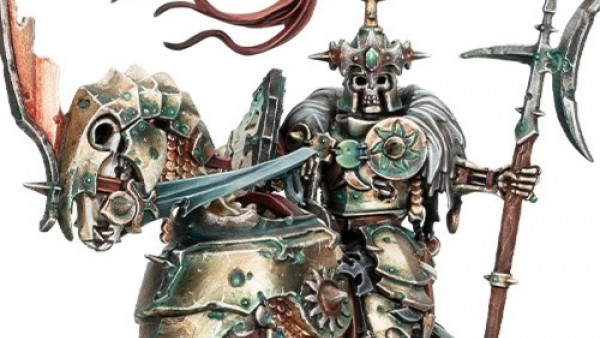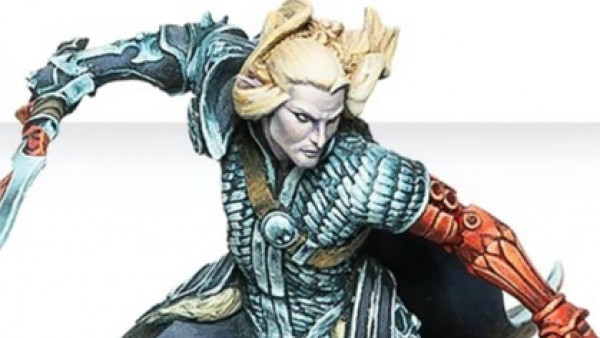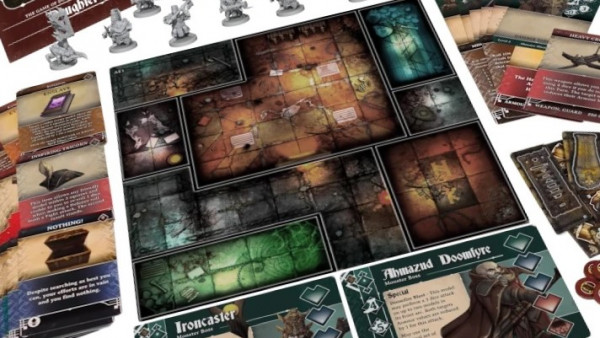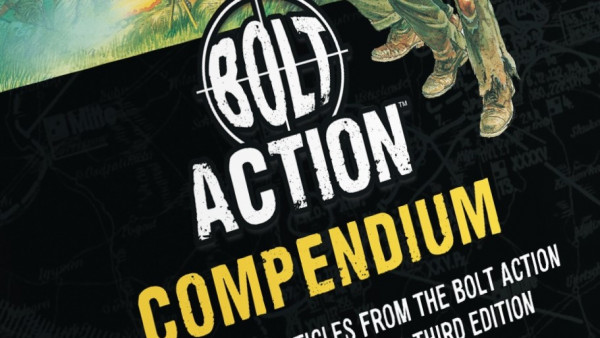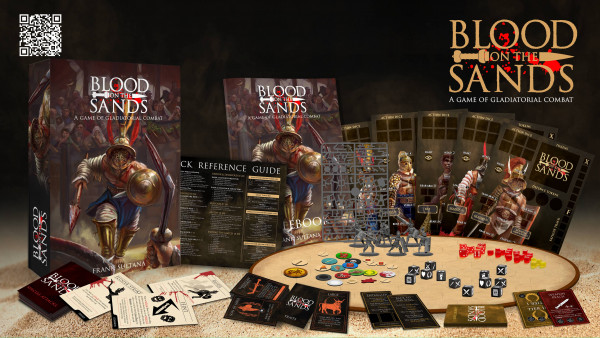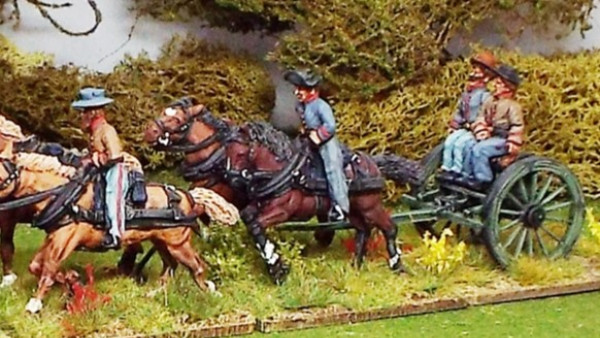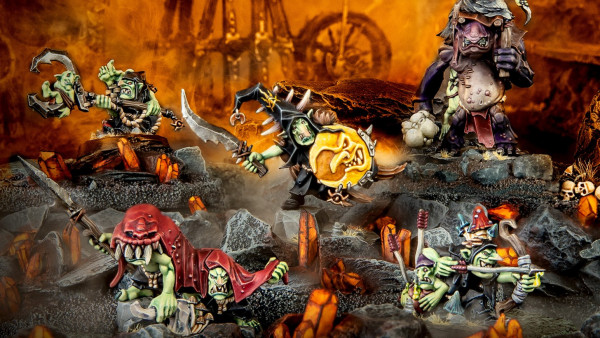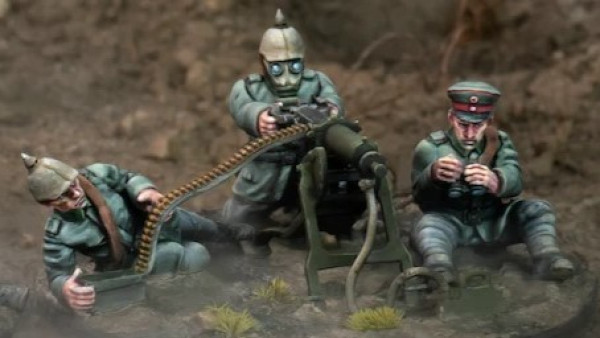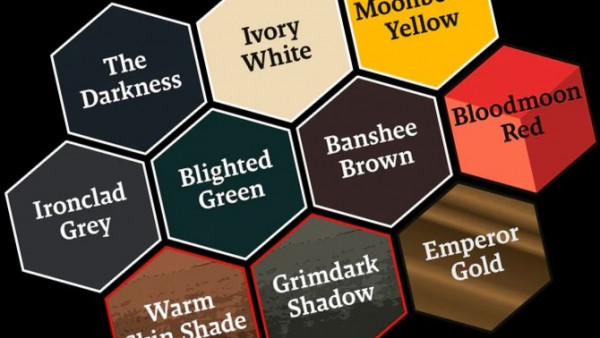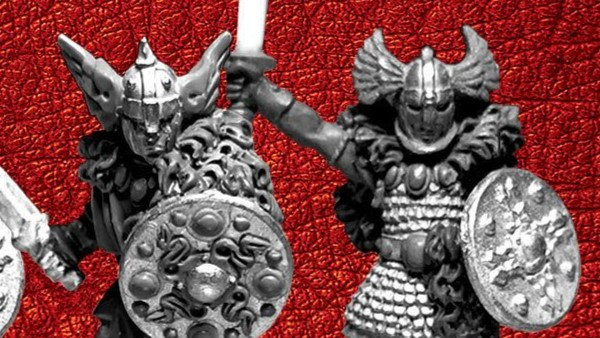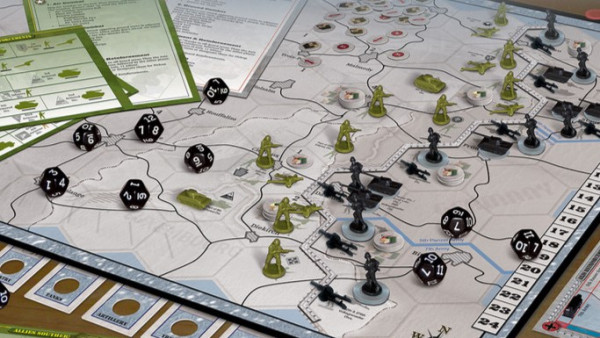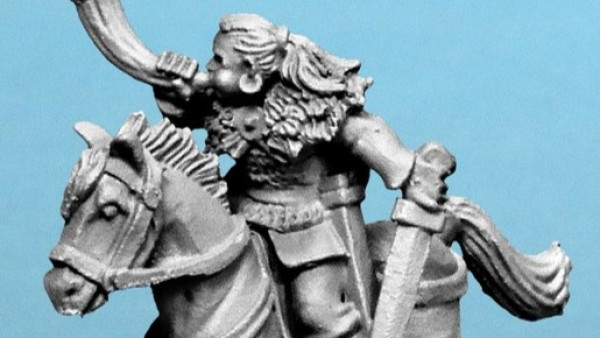Home › Forums › News, Rumours & General Discussion › Victory Points Suck!
This topic contains 6 replies, has 7 voices, and was last updated by ![]() oriskany 5 years, 8 months ago.
oriskany 5 years, 8 months ago.
-
AuthorPosts
-
May 8, 2019 at 1:01 pm #1388118
Anyone interested in…
- Game design
- Narrative structures and Story-telling through games
- Why is @warzan turned on by ‘gaming in the gaps’
- Or simply “Why do I like playing that game more than this game?”
You’ll want to watch this presentation by Scott Westerfield at SHUX’19 – https://youtu.be/tKMnANg4J2E (warning – 55mins long, but that’s short compared to a typical weekender or xlbs!))
Scott is an author bringing his experience in that world to the world of gaming. I was rivetted!
I’ll let you watch it before sharing my opinions below – interested in reading yours!
@warzan – is this a topic for an XLBS?
May 11, 2019 at 11:08 am #1389250Narrative structures and Story-telling through games
I’ll watch the video…
May 11, 2019 at 6:10 pm #1389350Well, he pretty much summed up why I prefer to “take and hold the bridge until turn 5 or 6 when the game ends on a 5+ on turn 5 or after turn 6 and the player holding the bridge wins and the other player has to withdraw” kind of game, rather than a game where each player places the usual three markeras each and is awarded X number of VPs for moving close to and ‘objective secure’ a small round plastic marker in the middle of nowhere.
But to each their own, meta game optimization followed by arethmetic calculations for optimal deployment and randomness mitigation is also a part of the wargaming hobby that many players like. I prefer to raid the caravan for the scroll with the kings secret message and make a run for the bridge that the kings troops has to hold, in the following game to block my forces escape.
I tend to imagine a theme for my force and the bulid my army around that concept, which usually makes the army either useless or mediocore from a meta perspective. But, it rocks in my mind. Although, I do know of players who calculate a killerkombo and then try to come up with some kind of reason their forces. They usually beat me big time. I guess Im mostly in for the stories and adventures, not the constant wins.
May 11, 2019 at 11:54 pm #1389423yikes … for someone who is supposed to be a writer type that guy sucks at explaining stuff or what his background is.
Games are games and not stories.
The problem isn’t victory points or objectives.
The problem is thinking one can force a game to behave like a story or that it becomes one if you remove the mechanical score methods.It’s why boss fights suck in games that forget that there should be a reason for them to happen to begin with.
And you’re definitely not going to be having a fun game if both gamers don’t share the same mind set.
Story is the result of playing the game, not the mechanic that creates the game.
You might as well not roll the dice if you want a pure narrative ‘experience’ …Consider the fact that there have been movies about sports like boxing, martial arts, football and tennis.
The events themselves are purely mechanical (‘kill’ your opponent or score more points …).
Except the result is told as a story instead of as a mechanical result.As such the trick is to use things like objectives as a way to help you create a narrative.
This is where scenery pieces help.
It’s when you’re talking about ‘that fuel dump’ instead of ‘objective marker A’
Or ‘that bridge across the river’ instead of ‘objective marker B’.
The mechanics are the same, but it becomes easier to tell an interesting story afterwards.
And with a bit of luck it helps both players have more fun organising their strategy, because retrieving the secret briefcase from the destroyed tank is so much more fun than holding ‘objective C’May 12, 2019 at 9:46 am #1389498I tried to watch it but the bloke was just too tedious .
I would tend to agree with @limburger in that victory points/objectives etc are both the same thing
May 13, 2019 at 3:14 pm #1390211I watched this and disagreed with a lot of his ideas on changing all games to focus on that one climax. It robs games of the ability to offer various routes to victory which suit different players.
His ideas work for some games, but not for others. His ideas for Champions Of Midgard in particular…nah, don’t think that would be very fun.
May 13, 2019 at 4:50 pm #1390244Totally agree with @limburger , @torros , and @brennon .
I’m actually a big fan of victory points, assuming they are done well.
As far back as The Arab-Israeli Wars this was mastered, with each side getting different levels of VP awards fro different things (enemy kills, friendly units reaching certain points on the board, certain objectives taken, certain assets used / not used, etc). This was a break from earlier designs in the same series where games were usually decided by taking just a certain “capture the flag” objective, regardless of losses, time, collateral damage, enemy status, or other factors.
This speaks to what torros was saying about victory points being objectives and vice-versa. I think of victory points as “quantified objectives,” so some objectives are more important that others.
Finely-crafted victory point win conditions give several advantages:
1) Players have more than one way to win.
2) No two games are the same, because what players have to do to win can be specified down to a very precise level of detail and each scenario can be different.
3) Victory points can encourage or discourage certain styles of play, sort of a “polite, soft-handed” way of informing the game with historical doctrine / faction flavor.
3a) So imagine a game where the Egyptians get 10 points for every Israeli tank destroyed but the Israelis get zero points for every Egyptian tanks destroyed. Maybe the Israelis get 5 points per turn they can hold a certain ridge. The Egyptian player can bum rush the objective, heedless of casualties, while the Israeli player has to play very careful defense, keeping losses down and playing for time.
3b) The same idea could translate to an X-wing vs. TIE fighter game. The Empire has countless TIE fighters and is callous and evil, so they don’t care how many TIEs they lose … while the Rebels are not only “kind hearted good guys” but also those X-wings are powerful, expensive, precious. The point is, these considerations are left for the players to discover and play on their own, now handed down in what REALLY suck = “faction rules” and unit “special abilities.”
4) you obviously have to more VP than your opponent to win. So not only do you have to gain points, but prevent your opponent from getting too many points. Sound obvious, but most “good” things are. The trick is doing simple things WELL. If done well, remember there are 3-4 ways to win. So since you’re trying to win and prevent your opponent from winning, there could be as many as 6-8 “games” going on the table at once. Granted, these are for larger games.
5) allows great asymmetrical game design, if the “weaker” side gets more points for achieving certain things on the table.
6) allows for EASY modification of unbalanced games. This is especially crucial for “hard” history games, where forces, terrain, time limits, army traits, etc … are all hard-coded by the historical event being recreated. You can’t play with these factors too much, but since real war is never fair, you’re left with no real way to make unfair historical battles into GAMES that are fun and challenging for both players. The secret sauce is victory points. You can re-balance a game with this secret “back door” into the game design without changing forces, stats, terrain, special rules, etc. Not only is this not “possible” in harder-core historical games, but it’s also a lot harder/ more work. 😀
I should qualify all this by simply saying that while victory points do not suck (in fact, victory points rule), but only if they are done well. That means research (regardless of genre, almost all games are based on SOMETHING that needs to be faithfully represented), playtesting, careful math, and willingness on the part of the designer to make revisions. I’ve seen games where this is not done well, but rushed and hamfisted (eh … okay, take that bridge you get 5 points. Take that farmhouse you get 10. Okay, GO!)
So maybe we could agree that “Victory Points Done Poorly Suck” ?? 😀 😀 😀
May 13, 2019 at 6:39 pm #1390260Any rule implemented without thought tends to result in a bad/not-fun game.
Anyways … I think the talk by Scott fails to address one important factor : the reason for playing
Narrative focused players don’t need any mechanic, beyond a good story/background for the battle.
Mechanic focused players *need* mechanics that inform them of the options available.Historical games have a huge advantage : history itself takes care of the scenario generation.
Non-historical games ‘need’ some kind of battle generator.
Something that gives both sides a reason to fight the other.
And that creates odd situations where a ‘battleplan’ dictates that there have to be N objectives at specific locations on a map.
That sort of thing can be abused by mechanical oriented players.Getting players of both types to face each other is a recipe for disaster, unless both are aware of how the other plays and the game is set up to make the best of it for both.
-
AuthorPosts
You must be logged in to reply to this topic.































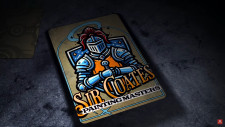

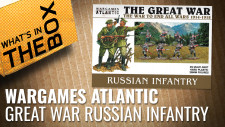


![TerrainFest 2024! Build Terrain With OnTableTop & Win A £300 Prize [Extended!]](https://images.beastsofwar.com/2024/10/TerrainFEST-2024-Social-Media-Post-Square-225-127.jpg)






